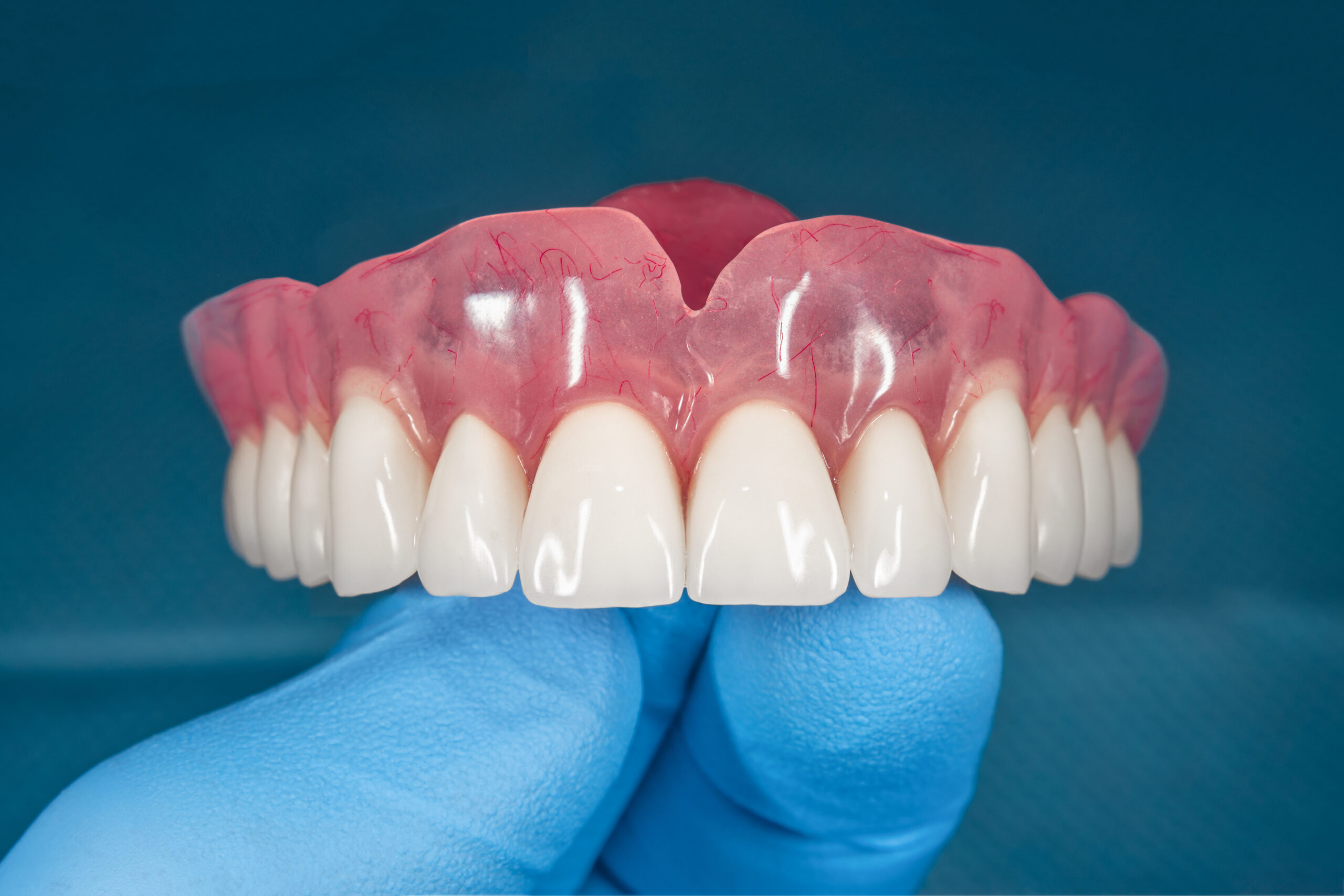28 Apr How to Tell if Your Dentist is Good at Dentures – Tip #1
3 minute read

Most dental practices don’t focus on dentures like I do. I’ve done thousands of dentures in my career, and because of this sheer volume, it’s become obvious to me what separates a good denture from a great one. Although I don’t wear a denture (and am somehow kind of jealous of those who have this direct experience), I have a dentist’s perspective that even the old veteran denture wearers often find insightful. So I’ve decided to sit down and share my hot takes on what separates a good denture from a great one. Didn’t know dentures could have hot takes? Oh yeah. The following is my series of 6 insights for knowing if a dentist’s denture game is on point.
Tip 1- The Dentist Will Want Your Input
Every patient has their own idea about the type of teeth that they’d like to have, but they rarely feel like it’s their place to start out by handing over an itemized list of demands. This would be a red flag to most dentists—myself included. But you also know what I don’t like? When I can tell that a patient has preferences, but they won’t let me know. Here is my workflow for establishing a starting point:
- Do they have existing dentures? This is so handy because the patient has had years to notice things they like and don’t like about them. Some patients love everything about their old dentures but they’re just worn out. Others never liked their teeth for a few specific reasons. Even if patients don’t have a strong opinion about their current set, it’s still helpful to see what they’re used to. If this will be your first denture, do you have photos of your natural smile? Maybe you never liked your smile and are viewing this denture as the makeover you’ve always wanted. Awesome. This is all helpful.
- Tooth shade. Do you want to give your smile a refresh and go with a bleach shade? Do you look at tooth shade as something that should be age-appropriate? How are you feeling about this? Sure, I have my opinions here, but I’ve found that it’s best to let the patient take the lead on tooth shade.
- Talk about any limiting factors to the case. Some patients have a strong gag reflex and can’t wear a normally extended denture. Others might have enough bone resorption that there’s not a lot of surface area for the denture to grab onto. What if patients can’t open very wide? Here’s another one: skeletal relationship. If you had a big underbite all your life and are hoping the dentures can correct it, is that possible, or is it something that we’ll have to work with? Is this a transitional denture in conjunction with extractions? What ways would this limit the fit or esthetics of the denture?
- Does anyone in your life have dentures that you consider the baseline for what a normal denture is? The particulars of this denture won’t be useful to the dentist in any meaningful way, but it’s helpful for us to know if a patient has some example in mind that’s guiding their expectations.

So to recap, Tip 1 is all about trying to develop an understanding for what the patient wants. If your dentist isn’t putting some effort into this step, maybe get a second opinion. There are lots of great dentists putting their hearts into their work. These are the ones who will want to go slow through this step.


